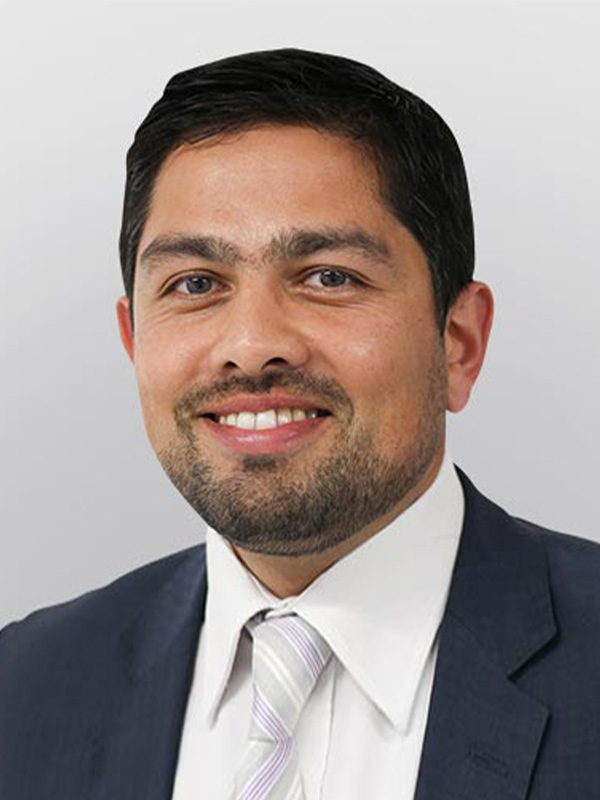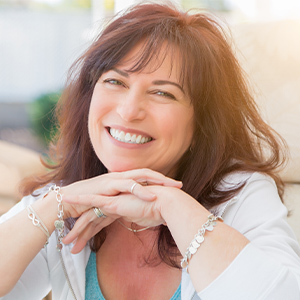
How long after cataract surgery can you drive?
Cataract surgery is a common and generally safe procedure that can significantly improve your vision. One of the most frequently asked questions by patients is, “How long after cataract surgery can you drive?”
This is an important consideration for those planning their recovery and post-surgery activities. Let’s explore the factors that influence when it’s safe to get back behind the wheel.
Understanding Cataract Surgery
Cataract surgery involves removing the cloudy lens from your eye and replacing it with a clear artificial lens. This surgery is usually performed on an outpatient basis, meaning you can go home the same day.
While the procedure itself is quick, the recovery process varies from person to person.
Immediate Post-Surgery Period
Immediately after the surgery, you will not be able to drive. The anaesthesia used during the procedure, whether local or general, can impair your reflexes and judgement.
Additionally, your vision might be blurry or affected by the dilation of your pupils. It is crucial to arrange for someone to drive you home after the surgery.
First 24-48 Hours
During the first 24 to 48 hours post-surgery, your eye will be in the initial stages of healing. You might experience some discomfort, light sensitivity, and blurred vision. It is essential to rest and avoid any strenuous activities, including driving.
Follow your surgeon’s instructions carefully, and use the prescribed eye drops to aid in healing and prevent infection.
Vision Stabilisation
The time it takes for your vision to stabilise after cataract surgery can vary. Some patients notice an improvement in their vision within a few days, while for others, it might take a week or more.
It’s important to wait until your vision has sufficiently improved before considering driving. Blurry or unstable vision can make driving dangerous, not only for you but also for others on the road.
Factors Influencing Recovery
Type of Cataract Surgery
The method of cataract removal and the type of intraocular lens (IOL) implanted can influence your recovery timeline. Your surgeon will provide specific guidance based on the surgical approach used.
Individual Healing Rates
Everyone heals at different rates. Age, general health, and pre-existing eye conditions can all affect how quickly you recover.
Post-Surgery Care
Following your surgeon’s aftercare instructions meticulously can aid your recovery. This includes using prescribed eye drops to prevent infection and reduce inflammation.
Both Eyes Surgery
If you need cataract surgery in both eyes, your ability to drive may be impacted until both eyes have healed adequately.
Secondary Conditions
If you have other eye conditions, such as glaucoma or macular degeneration, your recovery, and vision stability may take longer.
Personal Comfort and Confidence
Even if your vision meets the legal driving requirements, you must feel comfortable and confident while driving.
Legal Requirements
In the UK, you must meet certain vision standards to drive legally. This includes reading a number plate from 20 meters away and having a visual acuity of at least 6/12 with both eyes open. Your eye surgeon can confirm if you meet these requirements post-surgery.
Practical Tips for Returning to Driving
Gradual Return
Start with short, familiar routes to build your confidence.
Daytime Driving
Begin by driving during the day when visibility is better.
Avoid Heavy Traffic
Initially, avoid driving in heavy traffic or challenging driving conditions.
Stay Alert
Be extra vigilant for any signs of vision instability or discomfort while driving.
Listen to Your Body
Ultimately, the best advice is to listen to your body and follow the guidance of your eye surgeon. Do not rush back into driving until you are completely sure that your vision is stable and meets the necessary legal requirements. Safety should always be your top priority.
Follow-Up Appointment
A follow-up appointment with your eye surgeon is usually scheduled within a week of your surgery. During this visit, your doctor will check the progress of your healing and assess your vision. It is a good opportunity to ask about when it might be safe for you to drive again.
Your surgeon’s approval is crucial, as they will evaluate your vision and ensure that it meets the legal driving standards.
Making an Informed Decision
If you are considering cataract surgery and have questions about the recovery process, including when you can safely drive, we are here to help. Book a free virtual assessment today. Our expert team will provide personalised advice and answer any questions you may have, ensuring you feel confident and well-prepared for your surgery and recovery.
In conclusion, while the desire to resume normal activities, including driving, is understandable, it is crucial to allow your eyes the necessary time to heal after cataract surgery.
Follow your surgeon’s advice, attend all follow-up appointments, and ensure your vision is stable and clear before getting back on the road. By taking these steps, you can enjoy the benefits of improved vision while prioritising your safety and well-being.
Find out if you are suitable for vision correction
Not everyone is eligible for vision correction surgery.
Find out if you could benefit from this life changing surgery by taking the quick self-suitability quiz below:
Our most popular procedures
What our patients say…
★ ★ ★ ★ ★
“A very professional and care-based process. All stages were carefully explained and executed efficiently. Dr. Musa is highly skilled and has a wonderful support team. Many thanks.”
★ ★ ★ ★ ★
“I was very impressed with Dr. Musa. He was highly professional and explained everything he was going to do. My eyes are brilliant now, and I felt very happy with everything. I wouldn’t hesitate to recommend him.”
★ ★ ★ ★ ★
“The results after 24 hours are amazing. I have perfect vision in the close, mid, and distance ranges, with no need to wear glasses at all. I could not be more pleased with the results. Thank you, Dr. Musa. Highly recommended!”
★ ★ ★ ★ ★
“I highly recommend Dr. Musa for laser eye surgery. I was hesitant to proceed with the surgery for 2 years, but as soon as I had a conversation with Dr. Musa, I felt at ease. He thoroughly explained the shape of my cornea and recommended the safest procedure for me.”
We have replaced the images of real patients who provided these testimonials to protect their privacy.

Hi, I’m Dr. Musa
Your vision is incredibly precious, and I believe in taking the time to ensure you are fully informed about your condition and the available treatment options. I value open communication and will dedicate the necessary time to explain each option, discussing the relative risks and benefits associated with them. Making an informed decision about your vision requires careful consideration, and I am committed to guiding you every step of the way.
Trust in my fellowship-trained expertise to provide you with the highest standard of care. I understand the significance of preserving and enhancing your vision, and I prioritise your well-being above all else. Visit our clinic to experience personalised care and specialised treatment tailored to your specific needs. Together, we can safeguard the health and clarity of your sight.
Dr Fayyaz Musa
MBChB (Edin) FRCOphth (Lon) CertLRS (RCOphth) PGDipCRS
Expert Laser Eye and Cataract Surgeon





